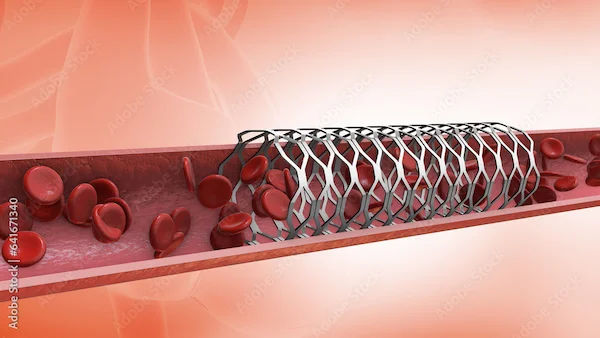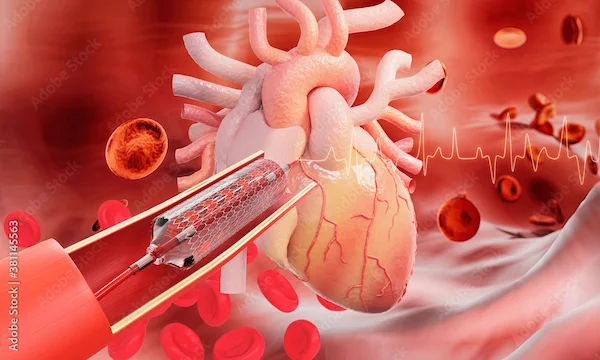How To Take Care Of Bypass Surgery Patient?
Learn the essential steps to care for a bypass surgery patient, including wound care, diet, physical activity, emotional support, and warning signs to watch for a safe recovery.

Written by
Last updated on 10th Jul, 2025
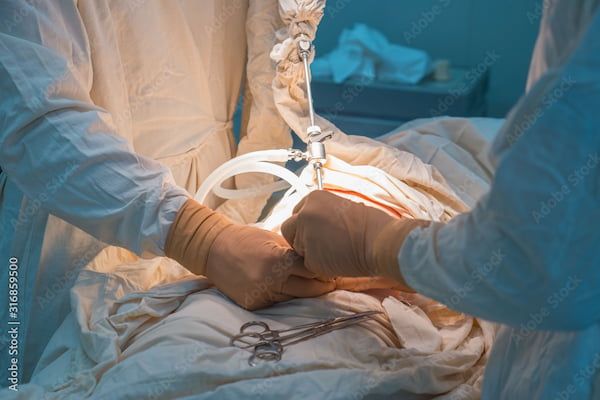
Introduction
Undergoing bypass surgery is a significant event in a person’s life, and proper post-surgery care is crucial for a smooth recovery. Whether you are a caregiver or a family member, knowing how to support a bypass surgery patient can make a big difference in their healing process.
This guide will help you understand the essential steps to care for a bypass surgery patient, including wound care, diet, exercise, emotional support, and warning signs to watch out for.
1. Immediate Post-Surgery Care (First Few Weeks)
Immediate care after surgery plays a vital role in preventing complications and ensuring healing.
Wound Care & Hygiene
Keep the incision area clean and dry to prevent infections.
Follow the doctor’s instructions on changing dressings.
Avoid applying creams or powders unless prescribed.
Gently wash the area with mild soap and water, then pat dry.
Pain Management
The patient may experience chest discomfort, muscle pain, or fatigue.
Doctors usually prescribe pain relievers—ensure they are taken as directed.
Avoid giving aspirin or blood thinners unless approved by the doctor.
Consult Top Cardiologists
Monitoring Vital Signs
Keep track of blood pressure, pulse, and temperature regularly.
Watch for signs of infection (fever, redness, swelling, or pus at the incision site).
Rest & Sleep
Encourage short naps throughout the day.
Help them sleep in a slightly elevated position to reduce chest discomfort.
2. Diet & Nutrition for Faster Recovery
A heart-healthy diet supports healing and promotes long-term heart health.
Foods to Eat
Fruits & Vegetables – Rich in antioxidants and fibre (e.g., apples, berries, spinach).
Whole Grains – Oats, brown rice, and whole wheat bread.
Lean Proteins – Fish (salmon, tuna), skinless chicken, beans, and lentils.
Healthy Fats – Olive oil, nuts, and avocados (in moderation).
Low-Fat Dairy – Skim milk, yoghurt, and cottage cheese.
Foods to Avoid
Fried & Processed Foods – Chips, fast food, packaged snacks.
Excess Salt & Sugar – Avoid canned soups, sugary drinks, and sweets.
Red Meat & Full-Fat Dairy – High in saturated fats.
Hydration
Drink plenty of water (unless restricted by the doctor).
Avoid caffeinated and alcoholic beverages.
3. Physical Activity & Rehabilitation
Proper physical activity encourages circulation and prevents complications such as blood clots.
Early Movement (First Few Weeks)
Short walks (5-10 minutes) 3-4 times a day to improve circulation.
Avoid lifting heavy objects (more than 5 kg) or strenuous activities.
Cardiac Rehabilitation (After 4-6 Weeks)
Supervised exercise programmes help strengthen the heart.
Gradually increase walking duration (up to 30-45 minutes daily).
Light stretching and breathing exercises help improve lung function.
Activities to Avoid
Driving for at least 4-6 weeks (check with the doctor).
Strenuous exercises (weightlifting, running) until cleared by a doctor.
4. Emotional & Mental Support
Emotional well-being is equally important for a complete recovery.
Recovering from bypass surgery can be emotionally challenging. Patients may feel:
Anxiety or depression due to lifestyle changes.
Frustration over slow recovery.
Fear of another heart issue.
How to Help?
Listen & Encourage – Let them express their feelings.
Stay Positive – Celebrate small recovery milestones.
Engage in Relaxing Activities – Reading, light hobbies, or meditation.
Professional Help – If needed, consult a counsellor or therapist.
5. Warning Signs to Watch For
Monitoring the patient for any unusual symptoms ensures early intervention and safety. Call the doctor immediately if the patient experiences:
Severe chest pain or pressure (could indicate a heart problem).
Shortness of breath (even at rest).
High fever (above 101°F) or infection signs (redness, pus, swelling).
Irregular heartbeat or dizziness.
Sudden weight gain (more than 2 kg in a week) – could signal fluid retention.
6. Follow-Up Appointments & Medications
Regular medical follow-up is key to a safe and complete recovery.
Regular check-ups are essential to monitor recovery.
Never skip or alter medications (blood thinners, cholesterol drugs, etc.).
Keep a medicine tracker to avoid missed doses.
You can book a follow-up consultation with a cardiologist on Apollo 24|7 for personalised care.
Conclusion
Recovering from bypass surgery takes time, patience, and the right care. By following these steps—proper wound care, a heart-healthy diet, gradual exercise, emotional support, and regular doctor visits—you can help your loved one heal faster and regain strength. For expert cardiac care, schedule a consultation today on Apollo 24|7.
Consult Top Cardiologists
Consult Top Cardiologists
Dr. Praveen Kumar
Cardiologist
25 Years • MBBS, MD (Medicine), DM (Cardiology)
Ghaziabad
Navaanya wellness, Ghaziabad

Dr. Sumanta Chatterjee
Cardiologist
12 Years • MBBS,MD General Medicine,DM Cardiology
Kolkata
HealthYou Speciality Clinic & Diagnostics., Kolkata
(25+ Patients)

Dr. Amit. A. Bharadiya
Cardiologist
12 Years • MBBS, MD General Medicine, DNB Cardiology
Maharashtra
Surabhi Hospital, Maharashtra, Maharashtra
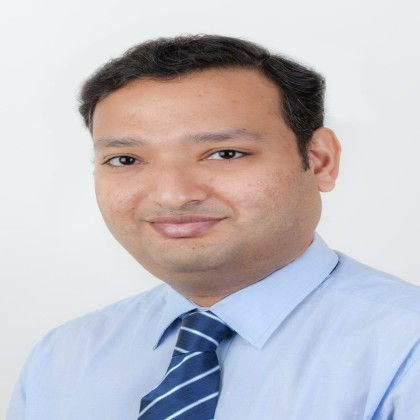
Dr. Mangesh Danej
Cardiologist
8 Years • MBBS, MD (General Medicine), DNB (Cardiology)
Pune
Dr Danej clinic, Pune
(375+ Patients)
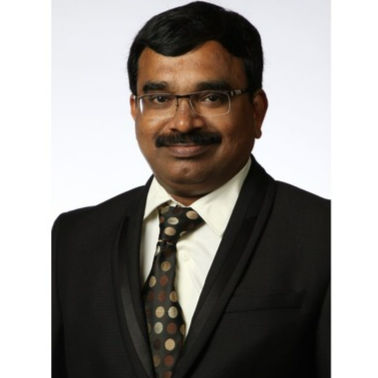
Dr. Nataraja Setty
Cardiologist
21 Years • MBBS, MD (General Medicine), DM (Cardiology)
Bengaluru
Sapphire heart care clinic, Bengaluru
Consult Top Cardiologists
Dr. Praveen Kumar
Cardiologist
25 Years • MBBS, MD (Medicine), DM (Cardiology)
Ghaziabad
Navaanya wellness, Ghaziabad

Dr. Sumanta Chatterjee
Cardiologist
12 Years • MBBS,MD General Medicine,DM Cardiology
Kolkata
HealthYou Speciality Clinic & Diagnostics., Kolkata
(25+ Patients)

Dr. Amit. A. Bharadiya
Cardiologist
12 Years • MBBS, MD General Medicine, DNB Cardiology
Maharashtra
Surabhi Hospital, Maharashtra, Maharashtra

Dr. Mangesh Danej
Cardiologist
8 Years • MBBS, MD (General Medicine), DNB (Cardiology)
Pune
Dr Danej clinic, Pune
(375+ Patients)

Dr. Nataraja Setty
Cardiologist
21 Years • MBBS, MD (General Medicine), DM (Cardiology)
Bengaluru
Sapphire heart care clinic, Bengaluru
